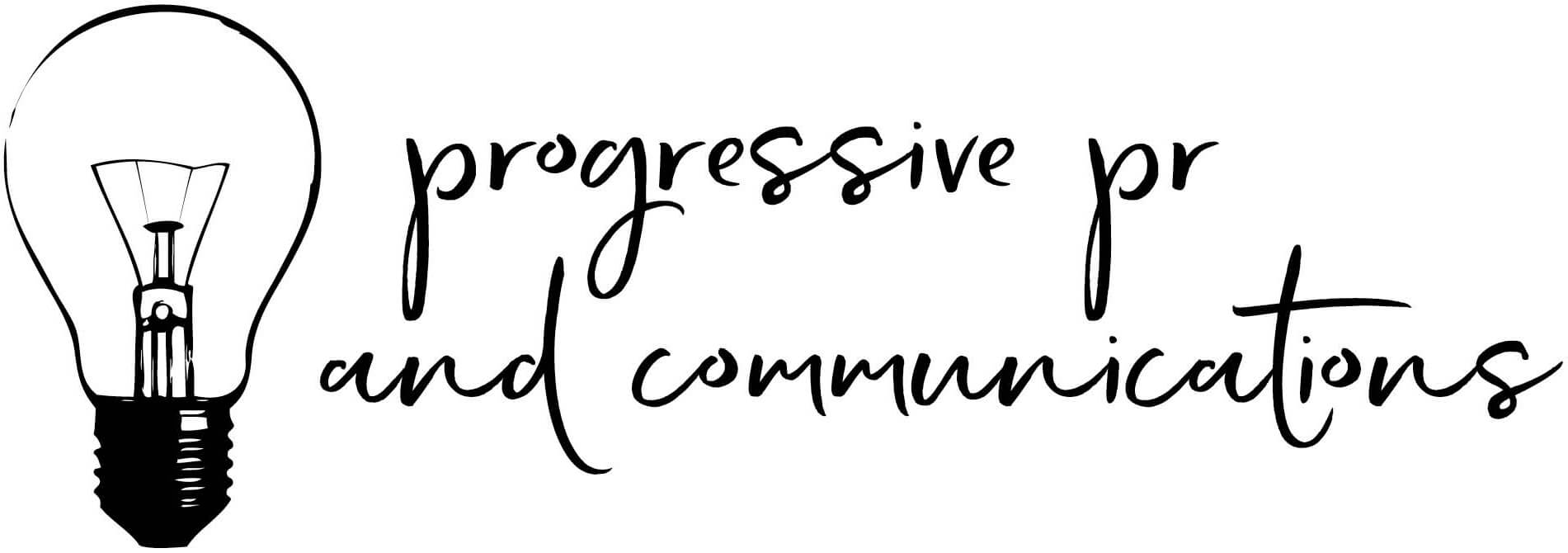DOGGY DAY CARE BOOMS AS PET OWNERS HEAD BACK TO THE OFFICE
Record Australian dog ownership along with offices reopening has seen interest in doggy day care skyrocket, with national dog care provider Kip seeing phone inquiries more than double month on month and trial day bookings at the centres spiking 50 per cent. Kip has put on 35 new staff across their centres in November alone to keep up with rising demand.
Almost one fifth of Aussie dogs were purchased during the pandemic, according to a survey by Animal Medicines Australia [1]. That means many pooches will have had no experience of spending time alone. It was part of a pandemic pet surge, with 69 per cent of Australian households now including an animal, up from 61 per cent two years earlier, the survey found [2]. Those animals are nearing on two years of having their pack at home twenty four hours a day, and many will be in for a shock when their parents return to the office.
Owners are turning to doggy day care to help ease the issue of separation anxiety. Kip day care centres are designed to give dogs maximum fun and cuddles from a team of animal experts, as well as plenty of room to run, socialise, and play. It’s doggy day care with a difference — with loads of enrichment activities under the guidance of their highly-trained staff.
Dog behaviouralist, trainer and author Lara Shannon said she’s already fielding calls from desperate dog owners reporting issues with separation anxiety.
“It’s not surprising given how much time our dogs have spent with us over the past two years,” she says. “And it’s unreasonable to expect they won’t be confused and anxious by the change. Their fear about being left alone can be a similar experience to a person having a panic attack in some cases. What they need is our understanding and help.”
Lara says this should begin before your first day back in the office. “Start physically distancing yourself from your dog three to five times a day while at home, gradually building up the amount of time. Leave them with treats, interactive toys or a long lasting chewing so they begin to associate being alone with being rewarded.”
She says plenty of exercise and stimulation is essential, with doggy day care a brilliant way to ensure dogs enjoy a day of fun and socialisation while you’re back at work.
Sam Mendelson, Head of Daycare at Kip, said many owners are using Kip centres as part of a suite of tools to help their pets adjust and manage the challenges of separation anxiety, which can come with destructive behaviour, barking and digging.
“We don’t offer a one-size-fits-all approach at Kip,” he said. “We get to know your pet, and provide expert care, fun activities and in some centres even training. And they absolutely love it. Our guests’ tails start wagging as soon as they know they’re on their way to Kip.
“We think people have recognised that doggy day care, along with training, exercise and rewards, can be an excellent part of the mix in helping pooches have a stress-free transition to a post-lockdown world,” he says.
[1] Source: Animal Medicines Australia, 2021, Pets and the Pandemic: A Social Research Snapshot of Pets and People in the COVID-19 era
[2] Source: Animal Medicines Australia, 2021, Pets and the Pandemic: A Social Research Snapshot of Pets and People in the COVID-19 era
LARA SHANNON’S TIPS FOR HELPING YOUR DOG LEARN TO BE ALONE
Give them plenty of exercise, ideally not long before your departure.
Keep their brains and bodies stimulated when left alone. Make them work for their treats. Leave them with food dispensing toys and puzzles; toss their dry food around the yard for them to sniff it out; freeze some meat or treats in an ice-cream container.
If your dog digs up your garden block off access to areas they like to dig in and make them a sandpit. You can bury treats and toys in it to encourage their digging in that designated spot to help relieve their boredom or anxiety (common reasons for digging!).
Use a dog walker to break up their day.
Book them into doggy day care.
In the lead up to returning to work, give your dog a treat or interactive toy then distance yourself from them three to five times a day, gradually increasing the amount of time they are left alone.
Don’t make a big fuss when leaving or arriving home.
Use calming sprays and pheromone diffusers or collars for dogs with mild anxiety. Definitely talk to your Veterinarian about medication options if your dog displays medium to severe anxiety.




